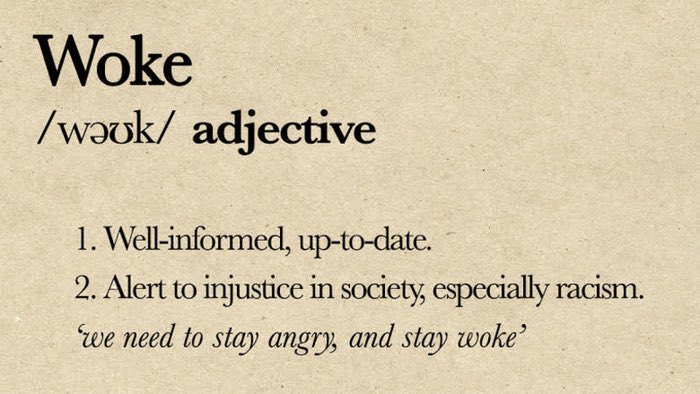
Those close to the government appear to be realising that UK households have no chance of surviving the coming winter with fuel bills forecast to rise to £4,000 or more a year. But the plan they're looking at is dire. A thread....
According to the FT, Scottish Power has proposed capping household energy bills at about £2,000 a year. Other energy companies apparently agree and Kwasi Kwarteng - expected to be Chancellor soon - is interested.
However, as the FT also notes, under the plan 'energy companies would cover the gap between the cap and the wholesale price of gas and electricity by borrowing from a “deficit fund”, arranged by the government through commercial banks.'
That loan would then be paid off through taxation, or by increasing energy bills for 10 to 15 years, or some mix of the two. So, all we are in fact back to is a borrowing arrangement forcibly imposed on the country to bail out energy companies whose businesses have failed.
And let's be clear about this: these companies have failed businesses. If the product they want to supply can only be delivered at a price that people cannot and will not pay because they will not have the means to do so then these companies are bust.
But note what this scheme does. Its whole intention is to keep the energy companies afloat, with this government-backed loan to be paid off by tax or increased prices over years to come providing the means to ensure that happens.
In other words, this scheme is only indirectly designed to help households. Instead, its whole purpose is to keep the energy companies afloat. It is, to not put too fine a point on it, the most massive bung to a failed privatisation exercise in that case.
The estimated cost - at about £100 billion is right. I estimated the cost at £44 billion a year for at least two years in my plan, entitled 'Surviving 2023', but price forecasts have gone up since then.
https://twitter.com/RichardJMurphy/status/1559121168455680000
The focus is wrong though: setting a price cap of £1,971 does not help families on the lowest incomes who cannot already afford this price. That the focus is on the cap alone shows that this plan is putting its attention in the wrong place.
More worryingly though, as I explain in 'Surviving 2023', helping households is only a relatively small part of the cost of getting through the winter to come.
Businesses, charities, care homes, and services like schools and the NHS all need massive support to survive. There is nothing in this plan to help them or stop the economic crisis their failure will create.
As a result, it's very clear that this plan cannot work: in fact it won't even save these energy companies because they can still go under if their business customers fail through their inability to pay uncapped price increases. They do not seem to understand that.
So, this plan will not save the failed privatised electricity companies, or the economy, or many households, but will give a £100 billion bung to these companies despite that. It's dire as a result.
What should happen? Most of the answers are already in 'Surviving 2023'. And as I make clear there, if these companies are bust - and they are - they need to be told to hand over their businesses now because that is what bankrupt businesses do.
We should not be in the business of saving failed energy companies this winter. We should be in the business of saving people, public services and the economy at large. That is the task of government now.
Given that the energy companies have admitted they can't survive without state support then the only thing to do is tell them they will be nationalised now, without compensation because bust businesses are worthless, and that this is necessary to guarantee continuity of supply.
Doing anything else with public money at this moment makes literally no sense at all, and would be throwing £100 billion of state funding away, with a long-term cost to us all.
But will our government to come act in the public interest and pursue this nationalisation instead of putting in place an arrangement that supports their failed dogma of privatisation and the banks who will make a killing from this? I very much doubt it.
This is a scandal in the making.
• • •
Missing some Tweet in this thread? You can try to
force a refresh





